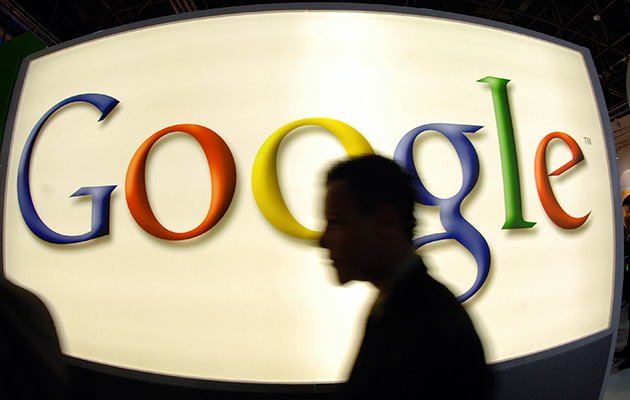With Google being such a huge name in digital marketing and having such a huge impact on the way internet users browse the web, there are bound to be quite a few people who question the way they do things. Back in 2011, the FTC began an extensive review of Google’s policies and the way the company functioned. Some people have followed it the full way through, but most people forgot about it and figured the case against Google could never turn into anything too large. Well, the case that the FTC filed against Google has finally ended after 19 long months of reviewing. As for who won this case, it is hard to be completely sure of the answer.
Both parties, Google and the FTC, released statements announcing the end of this reviewing period, and both give quite different views on how it turned out.
Google, naturally trying to sound like an okay company no matter how the case turned out, stated this in their official blog:
“The U.S. Federal Trade Commission today announced it has closed its investigation into Google after an exhaustive 19-month review that covered millions of pages of documents and involved many hours of testimony. The conclusion is clear: Google’s services are good for users and good for competition.”
By simply reading Google’s statement, which surely many people have done without looking anywhere else, one would think that Google is off the hook and that nothing needs to change. Google has made is seem that they have won the case fair and square. Now, the FTC’s announcement says otherwise.
“Google Inc. has agreed to change some of its business practices to resolve Federal Trade Commission concerns that those practices could stifle competition in the markets for popular devices . . . as well as the market for online search advertising.”
“Under a settlement reached with the FTC, Google will meet its prior commitments to allow competitors access – on fair, reasonable, and non-discriminatory terms – to patents on critical standardized technologies needed to make popular devices.”
“Google has agreed to give online advertisers more flexibility to simultaneously manage ad campaigns on Google’s AdWords platform and on rival ad platforms; and to refrain from misappropriating online content from so-called “vertical” websites that focus on specific categories such as shopping or travel for use in its own vertical offerings.”
Essentially, the FTC is saying that the case ended much differently from the way Google has made it seem. Google must make changes to their AdWords platform, to make it more marketer-friendly and flexible, for example. It seems that in the end, Google has ended up with more of a loss than a win, and in their blog they have made is seem like this is in no way possible. In some sense, both parties have won, being that the FTC gets the changes out of Google that they require, and Google does not have too much change to make in the near future. For those who have followed this case for its entire life, surely the results have been far less dramatic than you had hoped.




